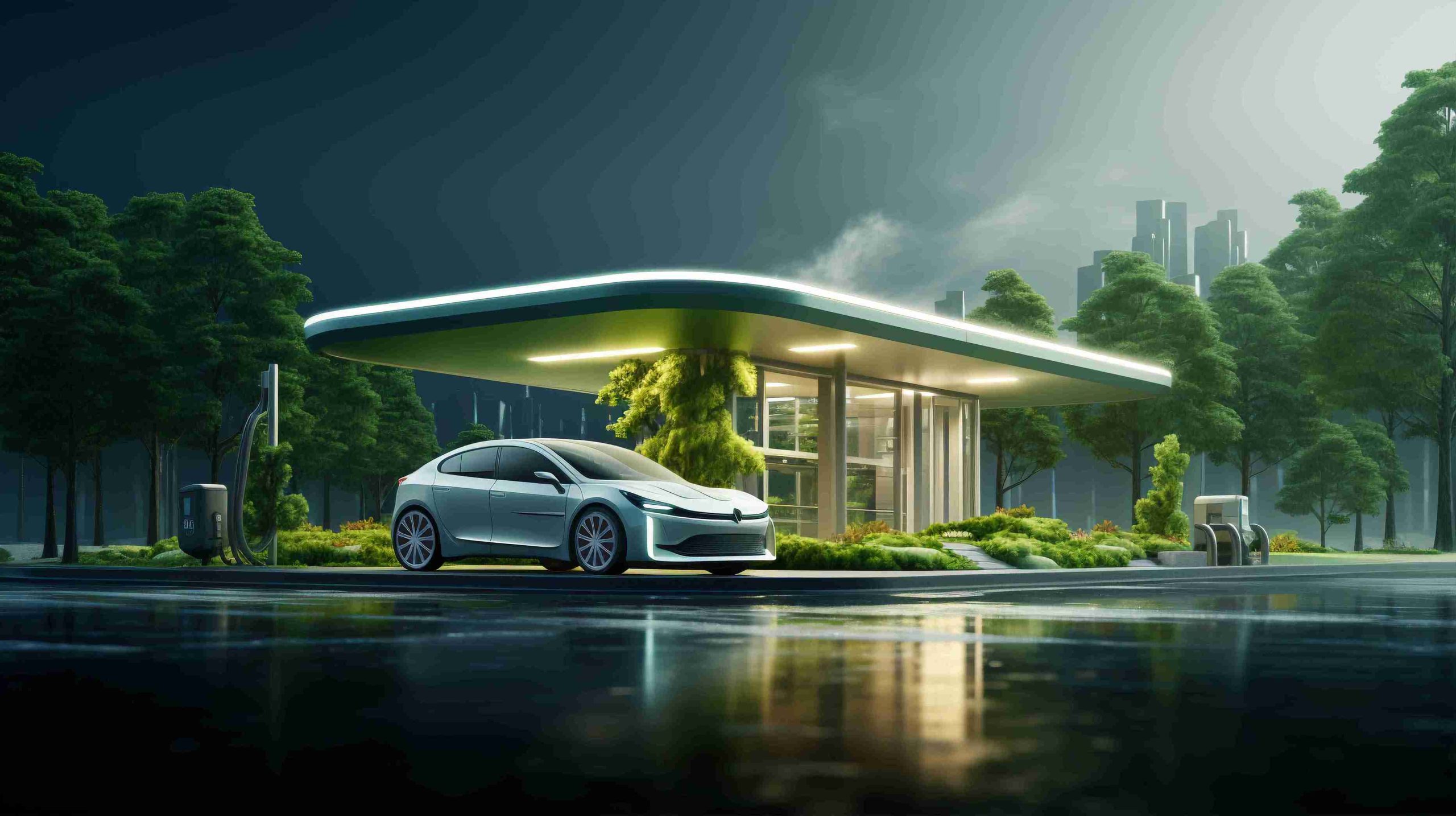Electric vehicles have become the symbol of modern sustainability, representing innovation, efficiency, and environmental responsibility. As their adoption grows, the demand for better charging infrastructure rises equally fast. This brings an important question: can custom lithium-ion batteries enhance the performance and reliability of the public EV charging station network?
In this article, we will explore the potential benefits, challenges, and future impact of integrating custom batteries into public EV systems. Without any further delay, let’s begin with our article.
The Need for Smarter Energy Storage Solutions
The electric vehicle revolution has created unprecedented energy demands. Public charging stations are now essential parts of modern cities, enabling convenient charging access for commuters and travelers alike. However, these networks face challenges such as grid overload, inconsistent power delivery, and rising operational costs.
Here, custom lithium-ion batteries can play a transformative role by optimizing how energy is stored, managed, and distributed.
Unlike traditional grid-dependent systems, lithium-ion batteries act as intelligent energy buffers. They store excess power during off-peak hours and release it when demand spikes, maintaining grid stability.
For public EV charging stations, this means smoother power flow, faster response times, and greater reliability even in high-traffic areas. By adopting customized solutions, operators can design battery systems tailored to specific charging needs, geographical conditions, and expected vehicle volumes.
Advantages of Using Custom Lithium-Ion Batteries in Public EV Charging Stations
The primary advantage of using custom lithium-ion batteries lies in their adaptability. Unlike standardized packs, custom-built systems can be engineered to meet the precise voltage, capacity, and performance requirements of a particular charging setup. For example, stations in busy urban centers may need high-capacity batteries to handle multiple vehicles simultaneously, while rural stations might prioritize energy efficiency and renewable power compatibility.
These tailored systems provide several key benefits. First, they improve charging speed by supporting higher current delivery without straining the grid. Second, they enable partial energy independence, reducing the need for costly infrastructure upgrades. Third, they extend the life of the charging station by preventing power surges and voltage fluctuations.
Additionally, custom lithium-ion batteries contribute to sustainability. By incorporating recyclable materials and modular designs, they make maintenance easier and reduce environmental impact. Their long cycle life ensures consistent performance over thousands of charge and discharge cycles, making them a cost-effective investment for both operators and local governments.
Another notable benefit is peak shaving; storing energy when electricity rates are low and using it during peak hours. This practice significantly lowers operational expenses and makes public EV charging stations more financially viable in the long term.
Enhancing Grid Stability and Renewable Energy Integration
As cities aim to reduce carbon emissions, renewable energy sources like solar and wind are increasingly powering charging stations. However, these energy sources can be unpredictable. Custom battery systems provide a stable bridge between renewable production and real-time energy demand.
By pairing custom lithium-ion batteries with a public EV charging station, operators can maintain consistent charging availability even when sunlight or wind is variable.
This synergy supports a more decentralized and sustainable energy model. For example, a solar-powered charging hub can store excess solar energy during the day and use it at night to charge vehicles. Such systems not only reduce strain on the main grid but also contribute to cleaner, localized energy solutions.
Moreover, battery management software allows for precise energy monitoring and optimization. Intelligent algorithms balance charging schedules, prevent overheating, and maximize battery life. When integrated with smart-grid technology, these systems can communicate directly with utilities, further enhancing overall energy efficiency.

Economic and Operational Considerations Related to Lithium-Ion Batteries
While the technological benefits are compelling, adopting custom battery systems involves important financial and operational factors. The initial investment for custom lithium-ion batteries can be higher than standard storage units due to design, engineering, and testing requirements. However, these costs are offset over time through improved efficiency, lower energy bills, and reduced maintenance needs.
Operationally, the ability to optimize energy use brings measurable advantages. For station operators, this translates into predictable performance, stable costs, and reduced dependence on external energy sources. Many cities are already exploring subsidy programs to encourage such installations, recognizing their potential to strengthen public charging networks.
Another economic benefit is scalability. Custom solutions can be expanded or modified as the number of electric vehicles increases. Instead of replacing an entire system, operators can add modular battery units to match demand growth. This scalability makes the investment more flexible and future-ready.
In regions with unstable grids or limited power availability, custom lithium-ion batteries make public charging feasible even in remote areas. By combining on-site storage with renewable sources, operators can create reliable, off-grid charging hubs that promote electric mobility beyond urban boundaries.
Future Prospects: A Step Toward Smarter Mobility
The integration of custom lithium-ion batteries into public EV charging stations marks a major step forward in the journey toward smart mobility. With advancements in artificial intelligence, IoT monitoring, and modular battery design, future charging stations will become even more efficient, autonomous, and user-friendly.
Imagine a city where every public charger stores renewable energy during the day, communicates real-time capacity updates to nearby drivers, and automatically adjusts power flow to prevent grid congestion. This vision is becoming achievable thanks to ongoing innovation in battery technology and intelligent energy systems.
Furthermore, partnerships between automakers, energy providers, and technology companies are accelerating this transformation. By standardizing communication protocols and optimizing performance algorithms, they aim to create a truly interconnected EV ecosystem — one that supports faster adoption, lower emissions, and sustainable growth.
Conclusion:
So, is installing custom lithium-ion batteries at public EV charging stations a good idea? The evidence suggests it is not only practical but visionary. These systems deliver faster, more stable, and sustainable charging experiences while reducing operational costs and supporting renewable integration.
The future of electric mobility depends on how well we manage the balance between energy demand and supply. Custom battery solutions bridge that gap, ensuring reliable access to power wherever drivers go. By investing in intelligent storage and adaptable technology, cities and companies can pave the way for a cleaner, smarter, and more resilient charging network.




